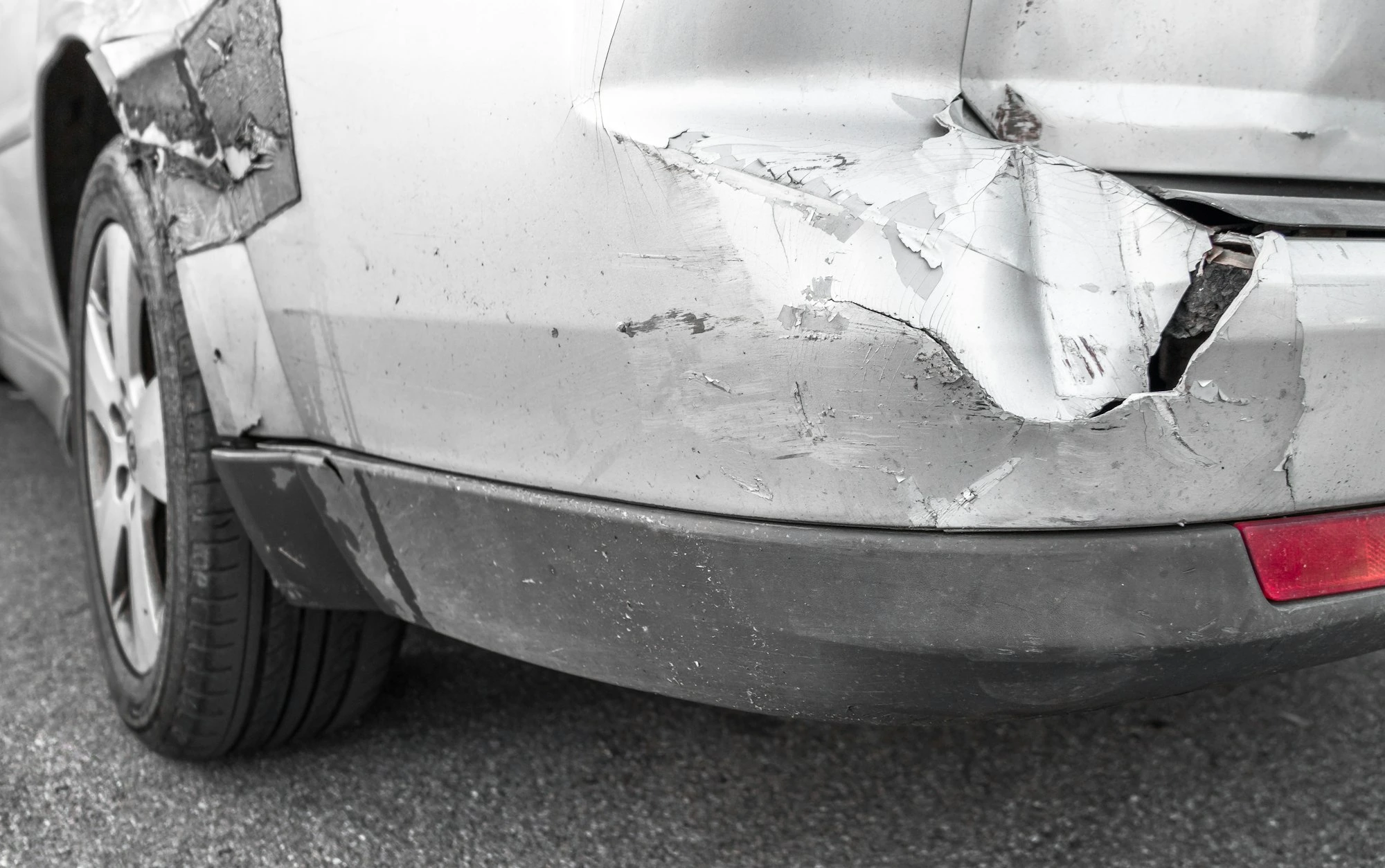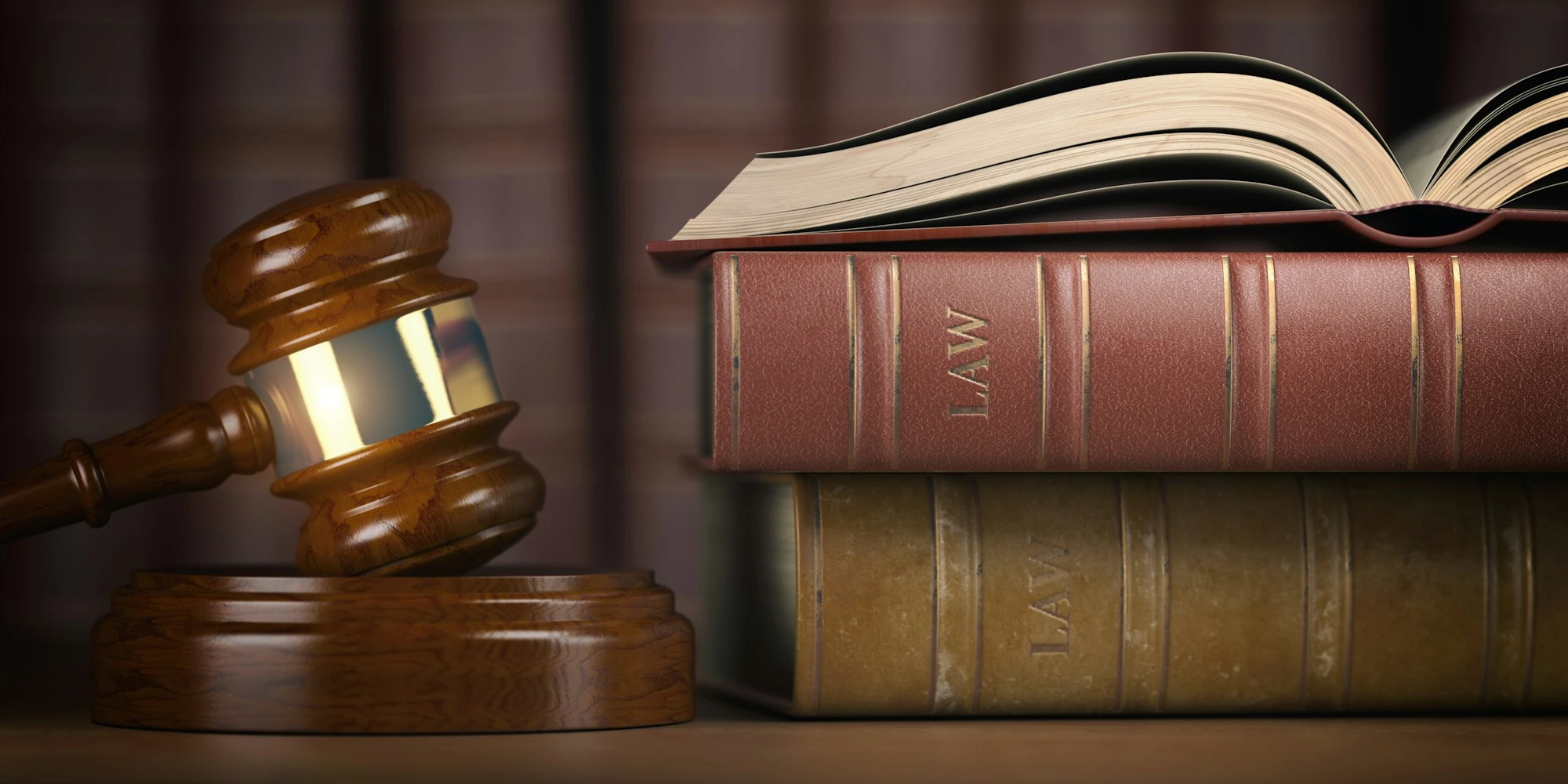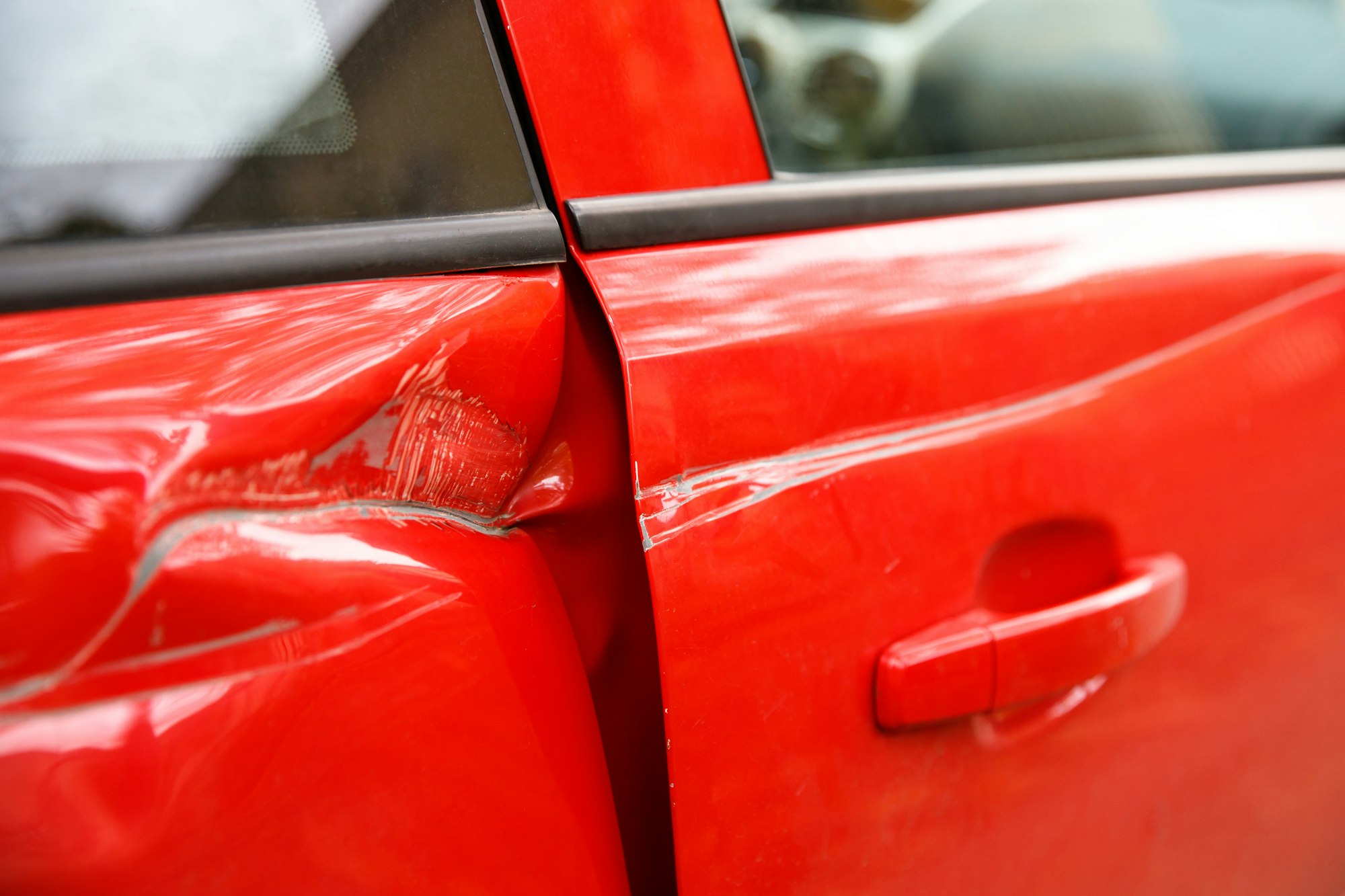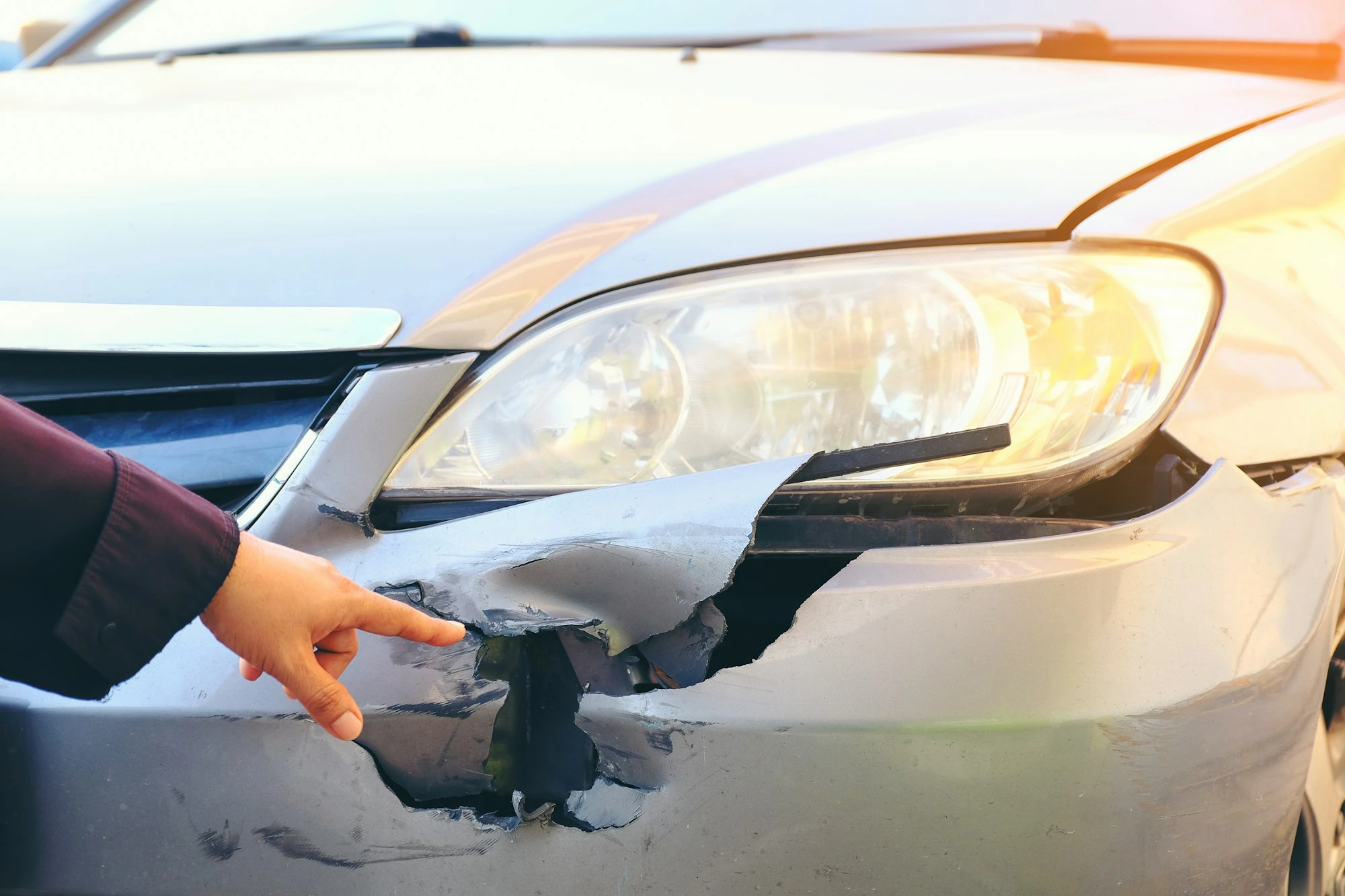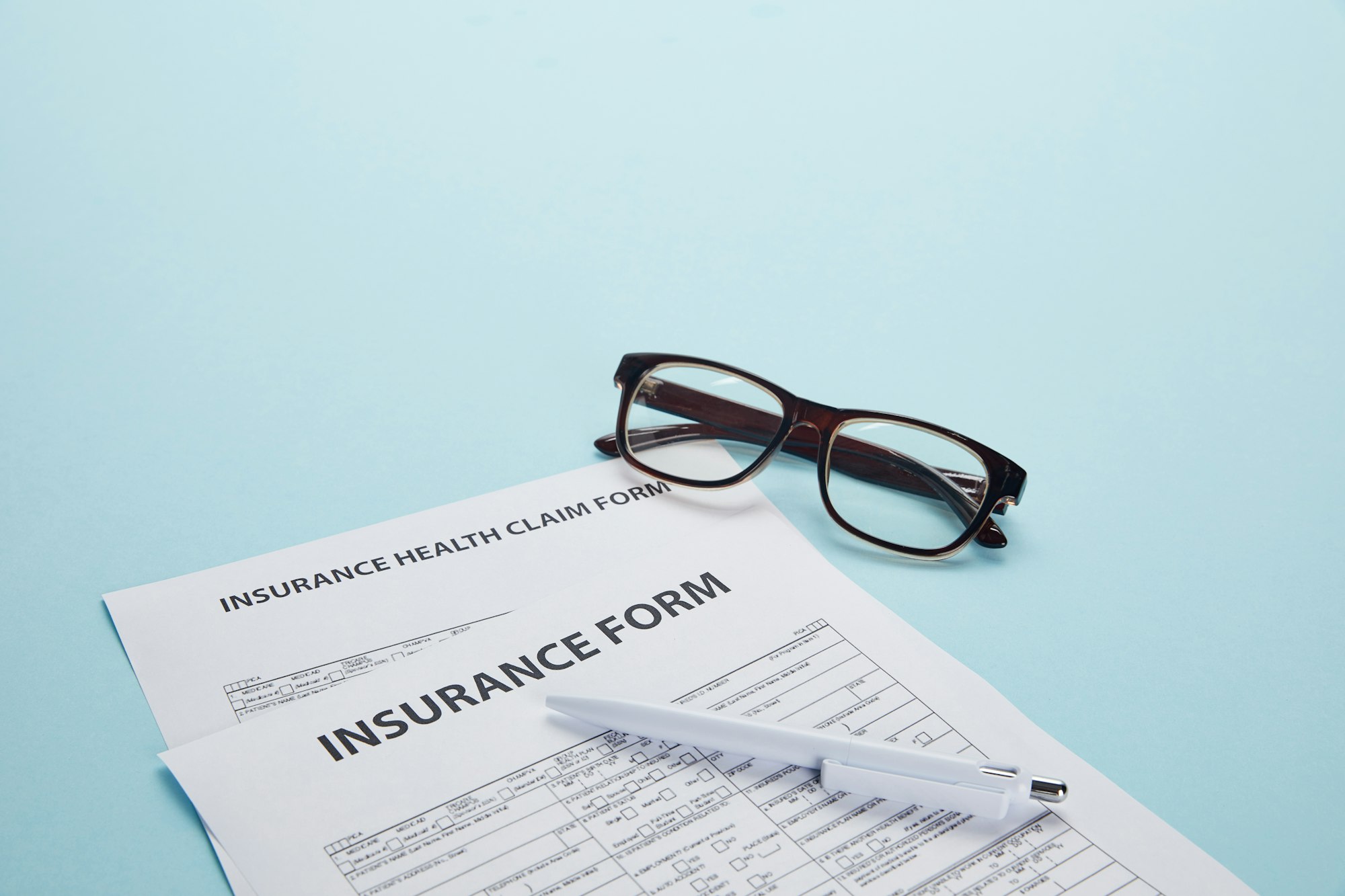SUITE #222
NV 89113
Common Types of Car Accidents
Las Vegas, known for its bustling streets and non-stop activity, is not just a hotspot for entertainment but also a zone where various types of car accidents frequently occur. The city’s unique mix of high-speed highways, crowded urban roads, and around-the-clock traffic contributes to a diverse range of vehicular incidents.
In the aftermath of such incidents, navigating the complex landscape of legal claims and insurance settlements can be daunting. This is where Miller Personal Injury Attorneys come into play. Specializing in car accident cases, Miller Personal Injury Attorneys offer expert legal representation tailored to the unique dynamics of Las Vegas traffic accidents. Our firm is equipped with the knowledge and experience to handle the intricacies of Nevada’s traffic and insurance laws, ensuring that victims receive the compensation they deserve.
What Are The Types of Motor Vehicle Accidents?
Rear-end collisions occur when one vehicle crashes into the back of another. These accidents often result from tailgating, distracted driving, or sudden stops. Injuries such as whiplash, back injuries, and head trauma are common in rear-end collisions.
T-bone accidents, also known as side-impact collisions, happen when the front of one vehicle strikes the side of another vehicle, forming a “T” shape. These accidents frequently occur at intersections and can lead to severe injuries, especially for occupants on the side of the vehicle that was struck.
Head-on collisions involve two vehicles crashing into each other while traveling in opposite directions. These accidents often result in catastrophic injuries and fatalities due to the high impact forces involved.
Rollover accidents happen when a vehicle tips onto its side or roof. These accidents are particularly dangerous, and occupants can suffer severe injuries, including head and spinal injuries.
Multi-vehicle pileups involve three or more vehicles and often occur on highways or freeways. Determining liability and seeking compensation in these complex accidents can be challenging, requiring legal expertise.
How Miller Personal Injury Attorneys Can Help:
At Miller Personal Injury Attorneys, your recovery is our top priority. With personal experience, proven expertise, and a deep commitment to our clients, we stand ready to support you through this challenging time. Our firm understands the intricacies of these cases and is dedicated to helping our clients navigate the legal process. Here’s how we can assist you:
Legal Guidance: We provide expert legal guidance to help you understand your rights and options following a motor vehicle accident.
Investigation: We conduct thorough investigations to gather evidence, determine liability, and build a strong case on your behalf.
Negotiation and Litigation: Whether through negotiations with insurance companies or litigation in court, we will advocate for your best interests to secure the compensation you deserve for medical expenses, lost wages, pain and suffering, and more.
Compassionate Support: We offer compassionate support to our clients throughout the legal process, ensuring that you receive the care and attention you need during a challenging time.
Trust us to be your advocates in seeking justice and compensation for your car accident in Nevada.
Frequently Asked Questions
We believe in keeping our clients fully informed throughout every stage of the legal process, empowering them to make well-informed decisions about their cases.
Recently Asked Topics
Nevada has a statute of limitations under Nevada Revised Statutes 484E.10 that says you must file an SR-1 Report of Traffic Accident within ten days of a car accident. You must make the report if anyone is hurt or killed in the crash or if there is apparent damage of $750 or more. But if the police respond to the accident scene and make their own report, you don’t have to file a police report.
Car accidents can result in a wide range of injuries:
- Spinal cord injuries (paralysis, nerve damage)
- Broken ribs
- Other broken bones (arms, legs, pelvis, etc.)
- Internal bleeding
- Herniated disc
- Post-traumatic stress disorder (PTSD)
- Knee trauma (ligament tears, dislocation)
- Soft tissue injuries (sprains, strains)
- Chest trauma (bruising, organ damage)
- Facial injuries (fractures, lacerations)
- Dental injuries (broken teeth, jaw fractures)
- Emotional trauma (anxiety, depression)
- Amputation or loss of limb
- Seat belt injuries (bruising, internal injuries)
- Airbag injuries (abrasions, burns)
- Eye injuries (corneal abrasions, retinal detachment)
- Possible wrongful death
- Hand & Foot Injuries
We believe that everyone deserves access to top-quality legal representation, regardless of their financial situation. That’s why we operate on a contingency fee basis. This means you won’t pay any upfront fees or hourly rates. Our compensation is contingent upon securing a favorable settlement or verdict for you. In other words, we only get paid if you do, aligning our interests with yours and ensuring we’re fully committed to your case.
No, Nevada is not a no-fault state for car accidents. Instead, Nevada follows a “fault” or “at-fault” system when it comes to dealing with car accidents. This means that the person who is found to be legally at fault for causing the accident is responsible for compensating any injured parties for their damages, which can include medical expenses, lost wages, and pain and suffering. Under this system, the injured party has the option to file a claim with their own insurance company, file a claim directly with the at-fault driver’s insurance company, or file a lawsuit in court to seek compensation for their losses.
Filing a police report in Las Vegas, especially in the aftermath of a car accident or any other incident, is an essential step for ensuring proper legal documentation and facilitating any subsequent insurance claims. Our team can assist you in obtaining this report and using it to strengthen your claim. Here’s a guide on how to file a police report in Las Vegas:
At the Scene of the Incident:
If you’re involved in a car accident, it’s important to call 911 immediately if there are any injuries or significant property damage. The dispatcher will send police officers to the scene if necessary.
For minor accidents without injuries, Nevada law requires you to move your vehicle out of traffic if it’s safe to do so. You should still call the police to report the accident and determine if an officer will be dispatched to the scene.
Information to Provide:
When speaking with the police, either at the scene or when filing a report later, be prepared to provide your full name, contact information, insurance details, and a factual account of what happened. Avoid admitting fault or speculating about the cause of the incident.
Filing a Report After Leaving the Scene:
If the police did not respond to the scene and you need to file a report afterward, you can do so online or in person at a local police station.
For non-emergency situations, such as minor car accidents without injuries, you can use the Las Vegas Metropolitan Police Department’s (LVMPD) online reporting system. This can be accessed through the LVMPD’s official website. The online system will guide you through the process, which is straightforward and user-friendly.
If the incident is more serious, involves injuries, or you prefer to file the report in person, you can visit a local LVMPD area command during business hours. It’s a good idea to call ahead to verify hours and any specific requirements.
What to Include in Your Report:
Your report should include detailed information about the incident, including the date, time, location, a description of what happened, and any injuries or damages incurred. Include information about the other party (if applicable) and any witness details.
Obtaining a Copy of the Report:
After filing the report, ask the officer or the police department how and when you can obtain a copy of the report for your records. This will be important for insurance claims and any legal proceedings.
In Nevada, if you’re injured due to someone else’s negligence, you may be entitled to various types of compensation, similar to other jurisdictions but with some nuances specific to Nevada law. Understanding these nuances can help ensure you’re fully aware of your rights and the compensation you might pursue. Here’s an overview:
Medical Expenses: Nevada allows for the recovery of all medical expenses related to the injury. This includes immediate medical costs like emergency care, surgeries, and hospital stays, as well as ongoing expenses such as physical therapy, medication, and any future medical treatments.
Lost Wages: If your injuries prevent you from working, you can claim compensation for the wages you’ve lost during your recovery period. If your ability to earn money in the future is compromised, Nevada law also allows for the recovery of lost earning capacity.
Loss of Household Services: Loss of household services are a frequent element of damages in a personal injury case. If an injured person cannot perform household services for him- or herself, the injured person may have to hire someone to perform these tasks either on a temporary or perhaps even a permanent basis, especially if the injured person lives alone.
Pain and Suffering: This non-economic compensation is for the physical pain and emotional distress you’ve experienced. Nevada does not cap pain and suffering damages in most personal injury cases, except in medical malpractice claims, where non-economic damages are capped at $350,000.
Property Damage: If personal property was damaged as a result of the incident that led to your injuries, you could be compensated for repair or replacement costs, which is common in car accident cases.
Loss of Enjoyment of Life: If your injuries prevent you from enjoying hobbies, recreational activities, and other life pleasures, you can claim compensation for this loss.
Loss of Consortium: Spouses of injured individuals can claim compensation for the loss of companionship, affection, assistance, and other aspects of the marital relationship affected by the injuries.
Punitive Damages: In cases where the defendant’s actions were particularly reckless, malicious, or egregious, Nevada allows for punitive damages to punish the wrongdoer and deter similar conduct. There are statutory caps on punitive damages in Nevada, $750,000 with annual steps of $80,000 per year starting on January 1, 2024. After the cap reaches $750,000, the cap increases by 2.1% on January 1st of each year thereafter.

Success Stories
At Miller Personal Injury Attorneys, our commitment to excellence, our individualized approach, legal acumen, transparency, and unwavering advocacy combine to set us apart as a leading force in the field of personal injury law.
We approach each case with compassion, dedication, and a relentless pursuit of justice, working tirelessly to secure the compensation and closure our clients deserve.
